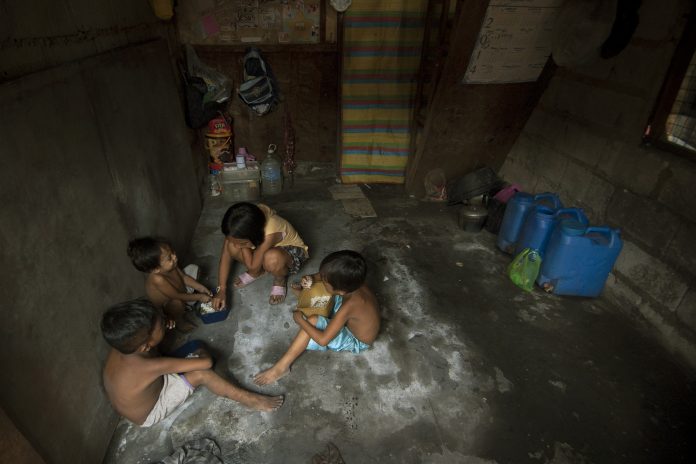The National Council of Churches in the Philippines (NCCP) has expressed concern over the rising cases of online sexual exploitation of children (OSEC) amid the COVID-19 lockdown.
In a statement released on May 21, the mainline Protestant council said that in “a patriarchal society” like the Philippines, “the home can be a place of abuse and danger especially in cases of isolation.”
The council stressed that one of the “alarming consequences of the lockdown” is the spike on the cases of OSEC in many areas.
OSEC is defined as the production, for the purpose of online publication, of visual or audio depictions of the sexual abuse or exploitation of a minor for a third party who is not in the physical presence of the victim.
“Due to the imposed lockdowns around the world, sexual abusers have more time online, and thus have more time to find and groom potential victims,” the statement read.
NCCP stressed that violations against the rights of children may cause “irreparable damage” to their mental and psychological wellbeing.
“Even before the COVID-19 crisis and the lockdown, it has been exposed that the Philippines is one of the biggest sources for Child Sexual Abuse Material (CSAM),” the statement read.
A study released by the International Justice Mission on May 21 indicated that OSEC cases in the Philippines have sharply increased in the previous years.
The study also showed that parents were conniving to force their children to perform sexual acts in front of the camera for money.
Data from the National Center for Missing & Exploited Children’s CyberTipline revealed that the number of IP addresses used for internet-based sexual abuse in the country rose from “around 23,333 in 2014 to 81,723 in 2017, or a 250-percent increase.”
“This corresponds to a growth of estimated prevalence rate from 43 out of every 10,000 IP addresses used for child sexual exploitation in 2014 to 149 out of every 10,000 in 2017,” the report read.
NCCP said studies have proven that OSEC “thrives in the poorest areas, where poverty makes children easy prey for exploitation.”
The council stressed that households in impoverished lockdown areas in many parts of the country “are vulnerable and susceptible to engaging” to these kinds of criminal acts, “especially in the absence of sustained, life-giving economic support and where hunger stalks families in lockdown.”
NCCP lauded the “vigilance” of government agencies and “for launching surveillance of OSEC hotspot areas to save our children from imminent danger.”
The council called on the Philippine government “to ensure” economic aid and opportunities to poor Filipino families.
“Social protection and psychosocial intervention should also be accorded to the children,” the council said.
NCCP urged churches and institutions to remain vigilant and help “build a safer place for our children” amid the global health crisis.









